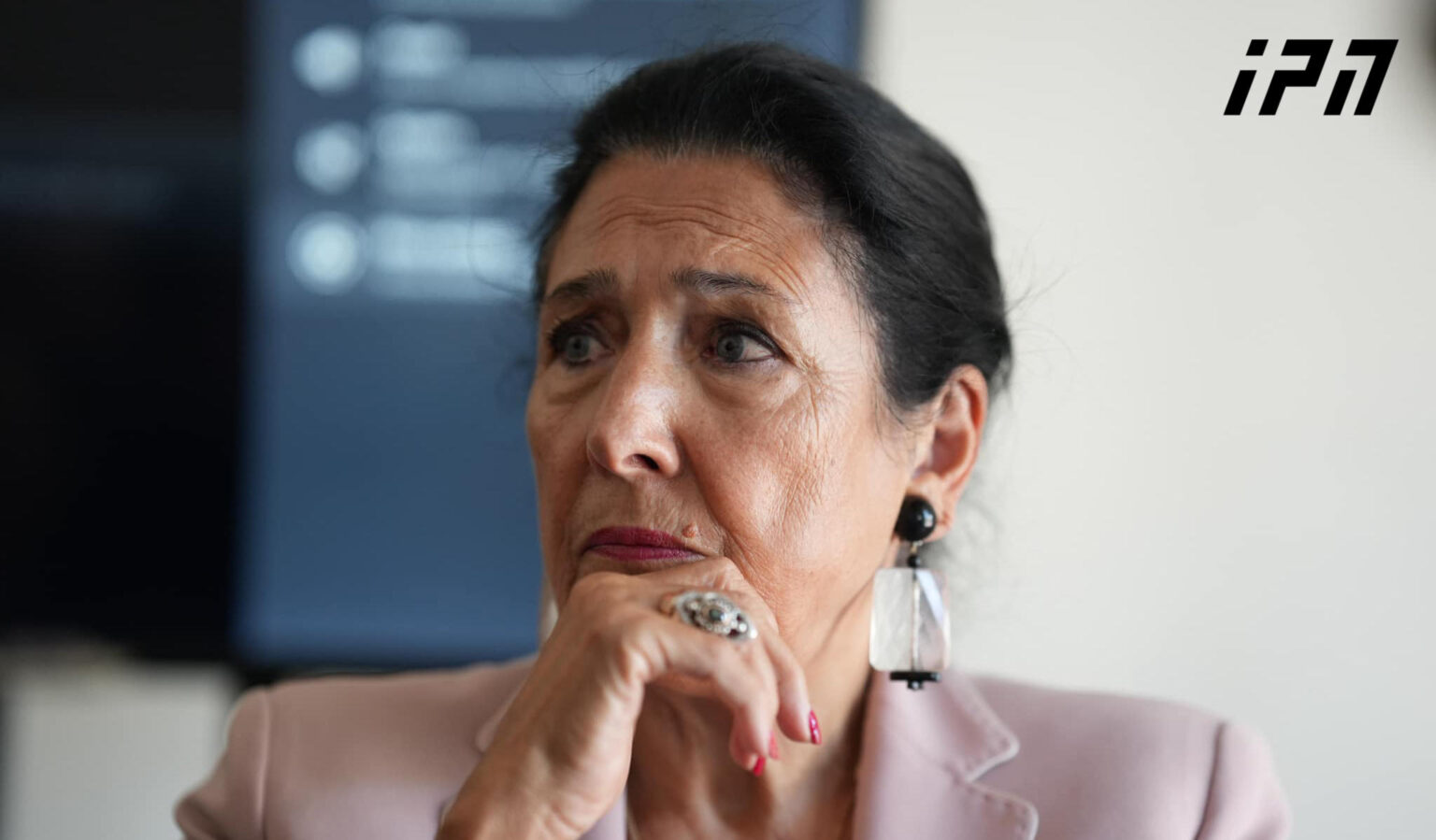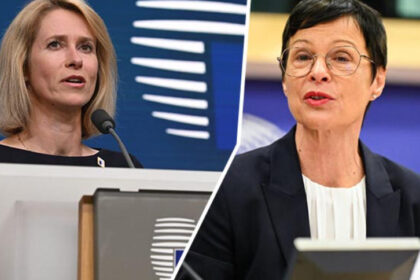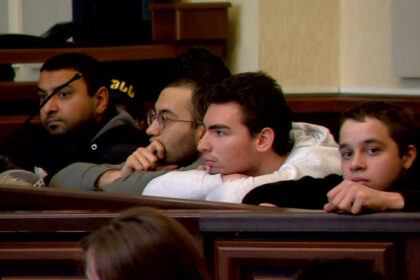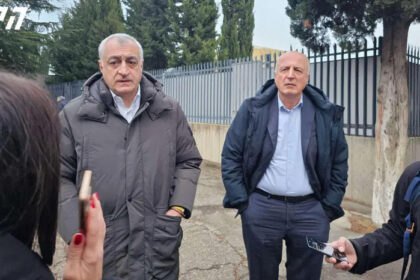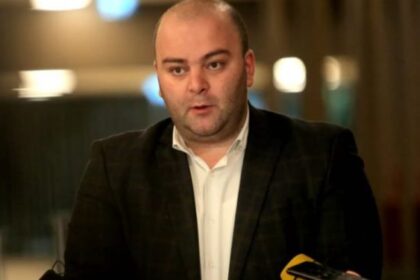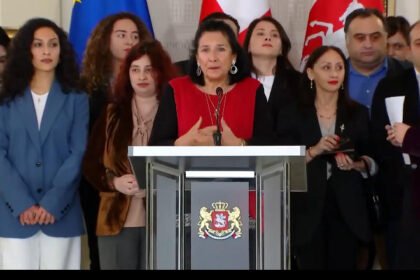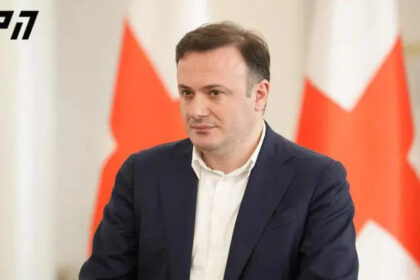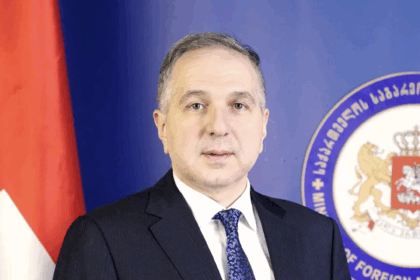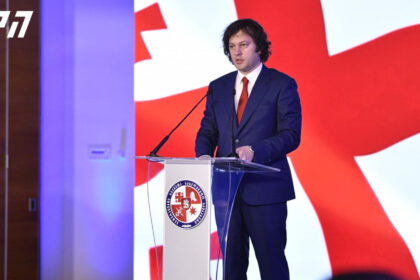**Georgian Leader Declines to Boycott Local Elections, But Doesn’t Believe They’ll Happen**
In a recent interview, Salome Zurabishvili, the President of Georgia, expressed her stance on the upcoming local elections in the country. Despite having reservations about their feasibility, she rejected the idea of campaigning for or boycotting the polls.
“I neither think that our participation in this election campaign would make sense, nor do I think it’s worth boycotting,” Zurabishvili said. “If anyone in this country believes that local elections can be held, that is a great myth – I am certain they will not take place.”
The Georgian leader’s comments reflect the growing concerns about the credibility of the electoral process in her country. The elections were initially scheduled to take place on October 2, but their fate remains uncertain due to ongoing disputes between opposition parties and the ruling government.
**A Divided Society**
Georgia has been facing intense political tensions in recent years, with various factions vying for power and control. This has led to a divided society, where trust in institutions is at an all-time low. The opposition has accused the government of attempting to rig the elections, while the ruling party denies these allegations.
The country’s electoral environment is becoming increasingly polarized, making it difficult to hold fair and transparent polls. Zurabishvili’s comments on the local elections reflect this broader crisis of confidence in Georgia’s democratic institutions.
**A Call for Reform**
As the leader of a country struggling to uphold its democratic values, Zurabishvili’s words carry significant weight. Her rejection of campaigning or boycotting the local elections may seem like a middle ground, but it also implies that she believes the current electoral system is fundamentally flawed.
Her call for reform and greater accountability in the electoral process is music to the ears of many Georgians who are tired of being taken for granted by their leaders. However, the question remains: what does this mean for the country’s short-term prospects?
For now, it seems that Georgia is stuck in a vicious cycle of polarization, with little hope for immediate resolution. As the international community looks on, it will be interesting to see how this situation unfolds and whether the government or opposition takes concrete steps towards addressing these concerns.
**What Next?**
The uncertainty surrounding the local elections has sparked an outpouring of emotions among Georgians, who are struggling to make sense of their country’s future. As tensions continue to rise, it is imperative that all parties involved work together to find a solution that will restore trust and credibility in the electoral process.
One thing is certain: Georgia needs reform, and she needs it now. The country’s leaders would do well to take heed of Zurabishvili’s words and work towards creating an environment where free and fair elections can become a reality.
Read More @ www.interpressnews.ge




